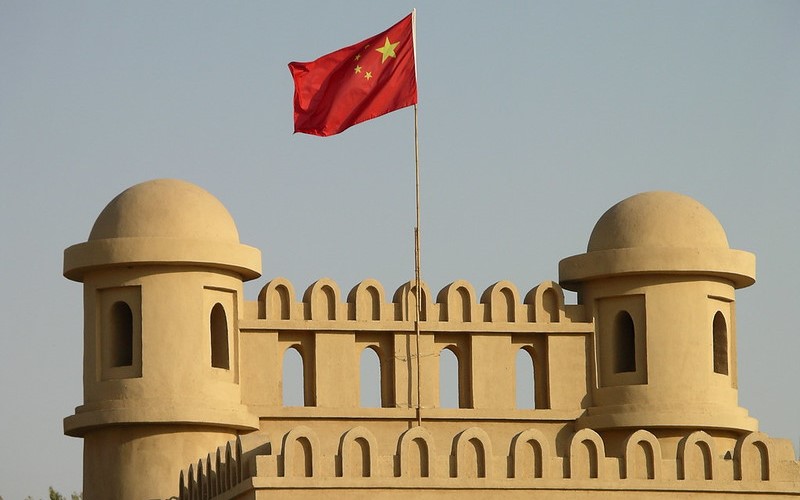CLUB OF ROME: Rigor and care with language matters in examining separatist movements in Xinjiang.
Jan 13, 2022
Much of the debate concerning Xinjiang is packed to the brim with information that lacks institutional verification and credibility. Indeed, the Islamic world itself has largely not supported these charges.
The Club Of Rome has examined terrorism, insurgency and security risks in China posed by separatist movements in Xinjiang and elsewhere.
Terrorism, insurgency, and security risks posed by separatist movements China has persistently faced challenges from secessionist forces who have sought to undermine national and territorial integrity, through a combination of lone-wolf terrorist attacks and violent protests.
Regions such as Xinjiang and Tibet have seen an escalation in frequency and intensity of altercations between minority secessionists and local denizens. In Xinjiang, for instance, East Turkistan Islamic Movement-backed terrorists and rebels have engaged in elaborate violence against civilians and local government representatives. The actions of a small minority of ethnic Uyghurs had induced substantial casualties upon both Uyghur and Han populations residing in Xinjiang alike.
Some of the more severe and destructive attacks included the 1992 detonation of a bomb on a public bus in Urumqi by Uyghur separatists, and the attack on a hotel in Kashgar in the same year ; more recently, lone-wolf attacks on civilians by knife-wielding assailants have renewed the state’s interests in enforcing strict discipline and compliance with the law in Xinjiang.
From 2014 onwards, the Chinese had adopted a series of counter-terrorism measures in Xinjiang, with the aim of rooting out local security risks and insubordination, and tackling the manifestations of extremist ideology amongst local citizens. Concerns have been raised internationally over the proportionality, scope, lack of transparency and accountability of the state response – with allegations ranging from the existence of gross human rights abuses to charges of ostensible “genocide”.
As aptly noted by The Economist, the label of “genocide” should not be trivially and flippantly slapped onto the events unfolding in China (in the absence of further evidence and substantiation); charges as exaggerated and radical as these must be treated with extreme care – lest they be misapplied to contexts for which they are ill-fitting.
With that said, there remains a reasonable possibility that human rights abuses – especially restrictions upon freedoms of speech, movement, and core civil liberties – have occurred in Xinjiang. Such possibility merits more thorough, nonpartisan, and politically non-skewed investigation, as well as greater transparency from Beijing – as argued by investment banker Shan Weijian and economist Chandran Nair in their recent pieces for The South China Morning Post.
For those who seek to understand China through relatively unfiltered and objective lenses (to the extent that is indeed possible), it is imperative that they get to grips with the context in which China has implemented the stern, draconian regime it has in Xinjiang.
It is equally vital that individuals recognise that much of the existing debate concerning the Xinjiang is packed to the brim with information that lacks institutional verification and credibility. Indeed, the Islamic world itself has largely not supported these charges.
This is an extract from the The Club of Rome-Understanding China will make a world of difference. December 2021



